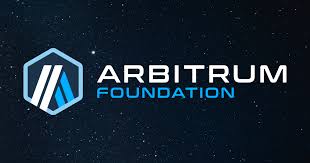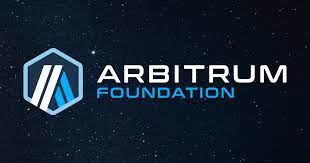Circle has officially launched its native USDC (USD Coin) on Arbitrum, Ethereum’s renowned layer 2 scaling solution.
According to Circle’s official announcement, this development positions Arbitrum as the ninth blockchain to support USDC, expanding its reach and accessibility across the crypto ecosystem.
The introduction of USDC on Arbitrum provides businesses and users with a convenient way to swap USDC tokens across supported chains.
This eliminates the need for costly and time-consuming bridging transactions, streamlining the process for seamless asset transfers.
The timing of this integration is noteworthy, following a recent bug in Arbitrum’s Sequencer software that temporarily paused on-chain transaction verification.
With Circle’s USDC now available on the Arbitrum network, developers, businesses, and users can utilize Arbitrum USDC to benefit from faster settlement times and lower costs offered by the layer 2 solution, as highlighted in the announcement.
Arbitrum, a leading layer 2 scaling solution for Ethereum, boasts a total value locked (TVL) of $2.2 billion. Leveraging Optimistic Rollup technology, Arbitrum significantly enhances transaction throughput for decentralized applications (DApps) while preserving the security and decentralization features of the Ethereum blockchain.
Circle’s deployment of native USDC on Arbitrum ensures that the token maintains a 1:1 ratio with USD, providing users with a stable and trusted digital currency.
Arbitrum has also introduced a bridged version of USDC called USDC.e, which is not issued by Circle. The transition from USDC.e to USDC will be carried out smoothly, enabling seamless liquidity migration over time.
The availability of Arbitrum’s USDC opens up a wide range of use cases across various industries. Circle Account and Circle APIs offer access to Arbitrum USDC for programmable, fast, and global transactions.
DApps such as Camelot, GMX, and Uniswap can leverage Arbitrum’s USDC for trading, lending, borrowing, and other decentralized financial activities



